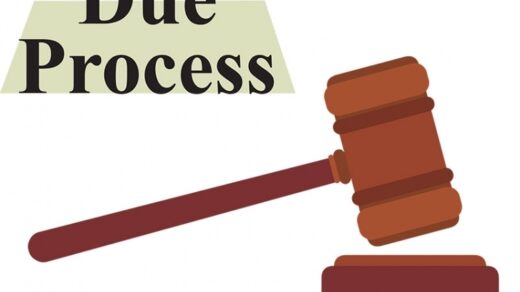In the realm of blockchain and digital assets, France has emerged as a pioneering force, setting a precedent with its progressive regulatory framework. The country’s proactive approach has paved the way for innovation and growth in the sector, bolstering entrepreneurship and investor confidence.
One of the key milestones in France’s blockchain journey is the introduction of the “Blockchain Order” in 2017. This regulatory framework, enshrined in French law, governs the representation and transmission of unlisted financial securities through Distributed Ledger Technologies (DLTs). By embracing blockchain for registration and securities transfers, France positioned itself at the forefront of technological advancement in finance.
Building upon this foundation, the enactment of the Plan d’Action pour la Croissance et la Transformation des Entreprises, known as the PACTE Law, in 2019 further solidified France’s commitment to fostering innovation and entrepreneurship. This comprehensive legislation covers regulatory, fiscal, and accounting aspects related to digital assets, making it one of the most exhaustive frameworks in the field.
Under the PACTE Law, investments in digital assets can be made directly between investors and issuers, or through financial contracts involving digital assets as underlying assets. This inclusive approach accommodates various forms of digital assets, including cryptocurrencies and tokens representing value not guaranteed by a central authority.
Infrastructure tokenization, a pivotal aspect of digital asset utilization, is also recognized under this framework, further enhancing its scope and applicability. By acknowledging infrastructure tokens as digital assets, France demonstrates its forward-thinking approach to technological innovation.
Moreover, the PACTE Law facilitates the issuance of an Initial Coin Offering (ICO) visa on the primary market, enabling issuers to seek approval from the French Financial Market Authority before conducting their ICOs. However, stringent legal obligations, such as cybersecurity measures and compliance with anti-money laundering regulations, underscore the importance of safeguarding investors and ensuring the integrity of the financial system.
France’s regulatory framework for blockchain and digital assets not only fosters innovation but also prioritizes investor protection and transparency. By promoting a dynamic ecosystem that balances innovation with security, France aims to establish itself as a leading jurisdiction in shaping the future of crypto assets at a European level.
In conclusion, France’s proactive stance on blockchain regulation exemplifies its commitment to embracing technological advancement while safeguarding the interests of stakeholders. As the digital asset landscape continues to evolve, France’s regulatory framework sets a benchmark for other nations to follow, laying the groundwork for a more inclusive and transparent financial ecosystem.




